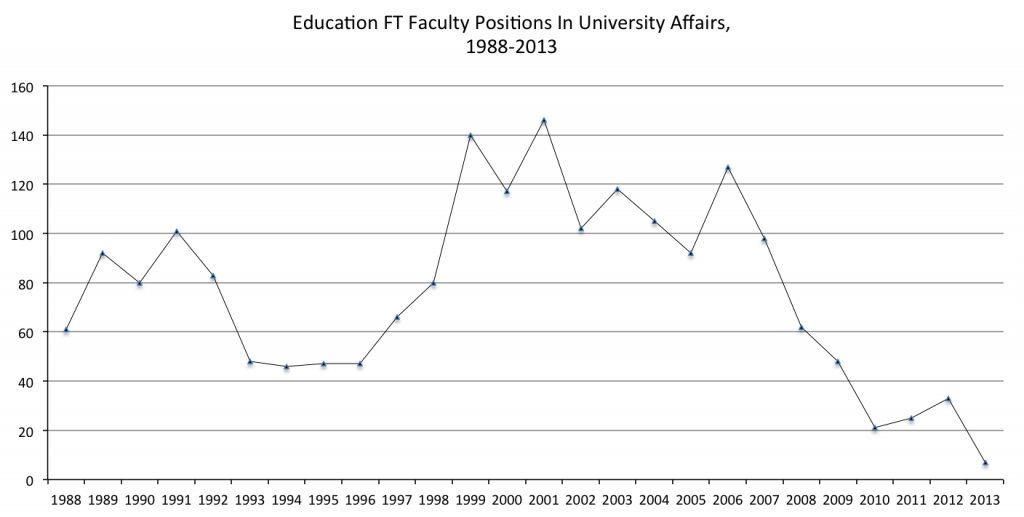On February 4, 2014 BCTF President Jim Iker issued the following statement about the BC Government’s decision to appeal Justice Griffin’s Bills 28 and 22 ruling. Please check against delivery at http://new.livestream.com/BCTF/Feb042014
Good morning, Today marks the one year anniversary since BC teachers started negotiations on the latest round of bargaining. The first session was February 4, 2013.
And today, we learned Premier Clark and Education Minister Peter Fassbender are not serious about stability in BC’s education system. By announcing their intent to appeal BC teachers’ important and historic court victory, Christy Clark’s government has shown they think they are above the law.
The government has broken the law, the constitution, twice. But, they continue to put their own political agenda before students. This government has been told five times they were wrong.
First, by teachers in 2002 when Bill 28 came in. We knew the damage it would do, but government ignored our concerns and an entire generation of students have been short-changed as a result.
In 2004, the International Labour Organization of the United Nations told the BC Liberal government they were breaking international law.
In 2007, the Supreme Court of Canada ruled this government had acted unconstitutionally in Health Services.
In 2011, the BC Supreme Court ruled that Bill 28 was unconstitutional.
And now in 2014, the same court has said they violated the Charter twice. Christy Clark has been told time and time again that they cannot trample people’s rights, that they must respect the Charter of Rights and Freedoms. 2
In the last round, Justice Griffin said Christy Clark’s government negotiated in bad faith.
Given their bad faith approach and the last 12 years of cuts, how can teachers trust this government? Today, with this appeal, Clark and Fassbender have shown we cannot trust them… as much I want to.
By trying to hold on to Bill 28, which illegally stripped teachers’ working conditions, Christy Clark is saying no to smaller classes, no to increased support for students with special needs, and no to extra help for all kids. It’s sad, disappointing, but entirely predictable from a government that cannot be trusted to put education before politics.
- Read statement: BCTF and
- technical analysis at BC Iconoclast

 Follow
Follow

Equity, Governance, Economics and Critical University Studies #criticaled #edstudies #ubc #ubced #bced #yteubc
Workplace: A Journal for Academic Labor
Equity, Governance, Economics and Critical University Studies
No 23 (2014)
As we state in our Commentary, “This Issue marks a couple of milestones and crossroads for Workplace. We are celebrating fifteen years of dynamic, insightful, if not inciting, critical university studies (CUS). Perhaps more than anything, and perhaps closer to the ground than any CUS publication of this era, Workplace documents changes, crossroads, and the hard won struggles to maintain academic dignity, freedom, justice, and integrity in this volatile occupation we call higher education.” Workplace and Critical Education are published by the Institute for Critical Education Studies (ICES).
Commentary
Articles
Leave a comment
Posted in AAUP, Academic freedom, Adjuncts, Administration, BC Education, Commentary, Critical Education, Critical University Studies, Environment, Equity, Ethics, Governance, Government, Organizing, Research, Student Movement, Student Speech, Students, Working condition
Tagged Academic freedom, BC education, Budgets & Funding, Critical Education, Equity, Ethics, Government, Publishing, Students, Working conditions, Workplace Journal